Tom Stoddart originally applied for a job on his local newspaper, the Berwick Advertiser, in the northeast of England as a reporter - fortunately for the history of photography, there was no writing vacancy, only one for a trainee photographer. Stoddart, who was just 17, took the job and discovered life with a camera was far more exciting; this was the start of an extraordinary international career spanning five decades.
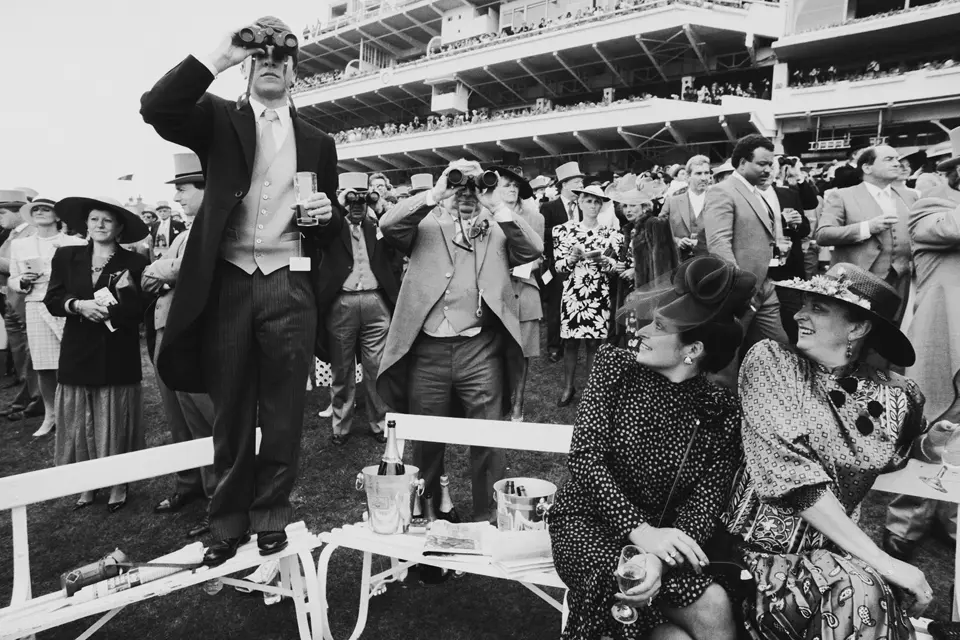
In 1978, he moved to London and began working as a freelance photographer in Fleet Street, the then world-renowned centre of the British national newspaper industry and spent several years covering stories for the Sunday Times. His commissions meant that he was present to record some of the world's most notable historical moments. In 1982 he was in Beirut when Israeli forces bombed Yasser Arafat’s PLO base; that same year also found him aboard the Greenpeace ship, the ‘Rainbow Warrior’ in the Gulf of St Laurence in Canada where the environmentalists attempted to stop the Canadians culling baby seals. In April 1987, Stoddart and the late Sunday Times foreign correspondent Marie Colvin travelled to war-torn Lebanon in search of the Church of England envoy Terry Waite, who had been kidnapped. They did not find him but bribed a Shia militia commander to allow them into the besieged Palestinian refugee camp at Borj el-Barajneh, where a British doctor Pauline Cutting and her assistant nurse Susan Wighton were running a makeshift hospital. In the 24 hours they were allowed to remain in the camp, he shot 20 rolls of film that included a picture that made the front page of the Sunday Times, three pages inside and headlines all over the world leading to the liberation of the camp.
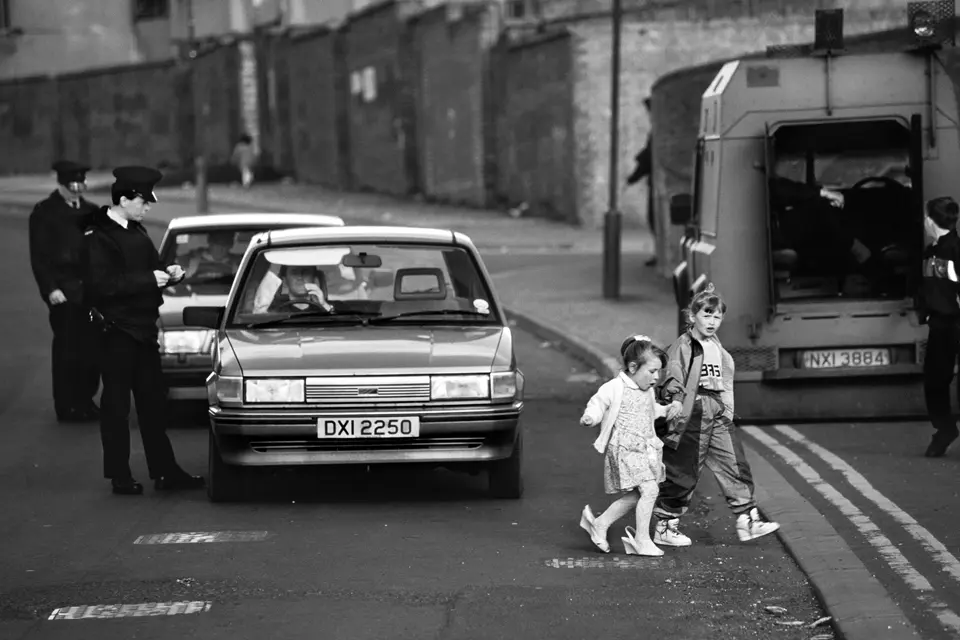
© Tom Stoddart
In the 1990s, Stoddart worked extensively in Bosnia to document the civil war in what was then Yugoslavia. It was in the Bosnian capital, Sarajevo, he and fellow photojournalist Keith Bernstein were heading back to the Holiday Inn when it became clear they were not safe. Stoddart was injured running back to the underground car park resulting in a shattered ankle and a titanium shoulder. It took a year for him to recover from this serious injury, after which he threw himself back into work with a powerful feature on the aftermath of the floods in Mississippi and an award-winning photo-essay on the harsh regime for the training of young Olympic gymnasts in China.
In December 1993, Stoddart was back in besieged Sarajevo to report on the increasingly desperate conditions for residents during a freezing winter during which they were forced to burn their furniture and cut down all the city’s trees for wood to keep warm. He returned many times to Bosnia until the Dayton Peace Accords that ended the conflict in 1995 then again in 2012 for the 20th anniversary of the siege of Sarajevo that lasted almost four years and which cost the lives of hundreds of Bosnians, including 521 children.
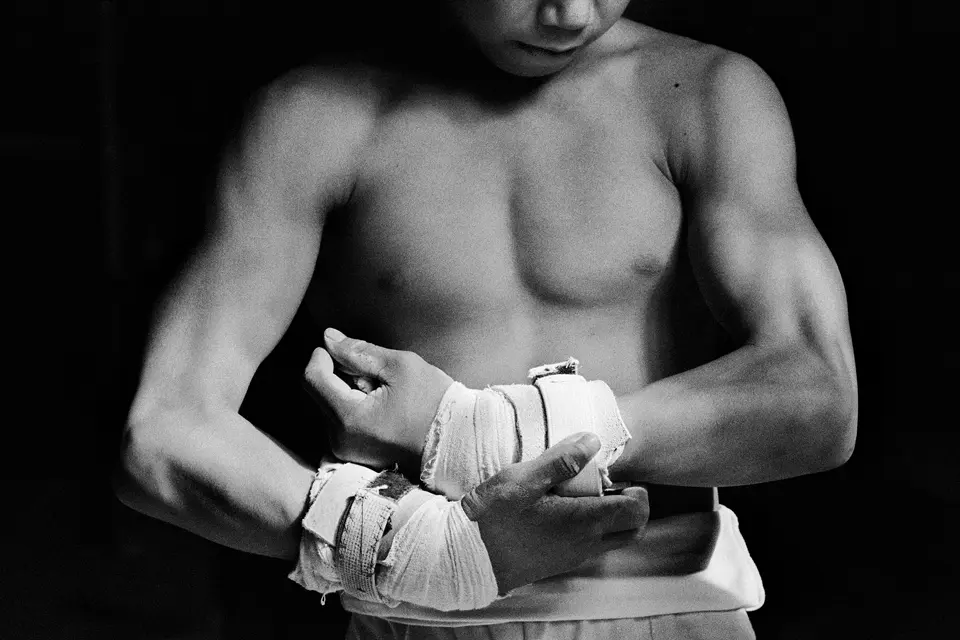
© Tom Stoddart
In a career punctuated with awards, not all his work was in war zones, catastrophes or crises. He photographed royals, prime ministers, world leaders and celebrities alike with charm and a touch of good humour delivered in a soft Geordie accent. In 1997, the British Labour leader Tony Blair gave Tom exclusive access to follow him and document his three-month election campaign that ended when Labour swept to victory after 18 years of a Conservative government. 2008 was the year that saw him commissioned by the European agriculture agencies COPA-COGECA in Brussels to document the work of farmers throughout all 27 countries of the European Union.
Always in relentless pursuit of the elusive photograph to capture the moment and make a front page, he would later use the proceeds from highly paid advertising assignments to work for free for humanitarian organisations highlighting their campaigns usually involving children. Stoddart worked closely with charities and NGO's including Medecins Sans Frontieres, Oxfam, Christian Aid, Care International and Sightsavers.
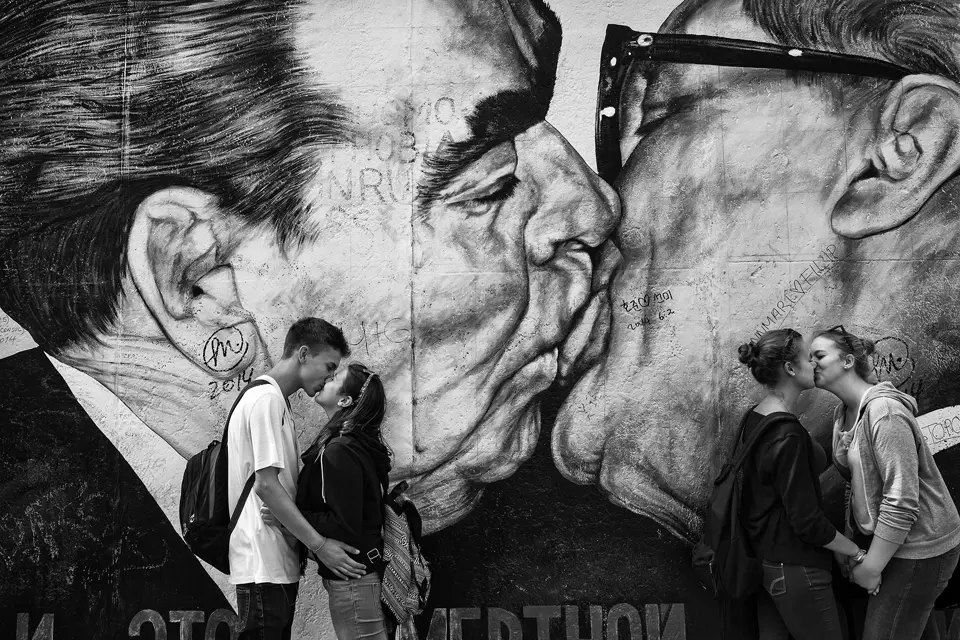
© Tom Stoddart
His work documenting the terrible HIV/AIDS pandemic blighting sub-Saharan Africa has been extensively exhibited and published and won the Pictures of the Year (POY) ‘World Understanding Award’ in 2003. In the same year his documentation of British Royal Marines in combat during the invasion of Iraq was awarded the Larry Burrows Award for Exceptional Photography by the Eddie Adams Workshop. Stoddart’s retrospective outdoor exhibition, 'iWITNESS' was visited by 250,000 people and the accompanying book was honoured as the best photography book published in 2004 by the POY judging panel.
In 2012 his 'Perspectives' retrospective exhibition at London's South Bank during the Olympic Games attracted 225,000 visitors. In 2020 ACC Arts Books published Tom’s book ‘Extraordinary Women’; a photographic collection that salutes the strength and resilience of women through times of war, poverty and hardship with a foreword written by Angelina Jolie. Images from the book were screened at Visa Pour L’image, the world’s biggest international festival of photojournalism at Perpignan, France. The book includes the essay 'War on Women' by Marie Colvin.
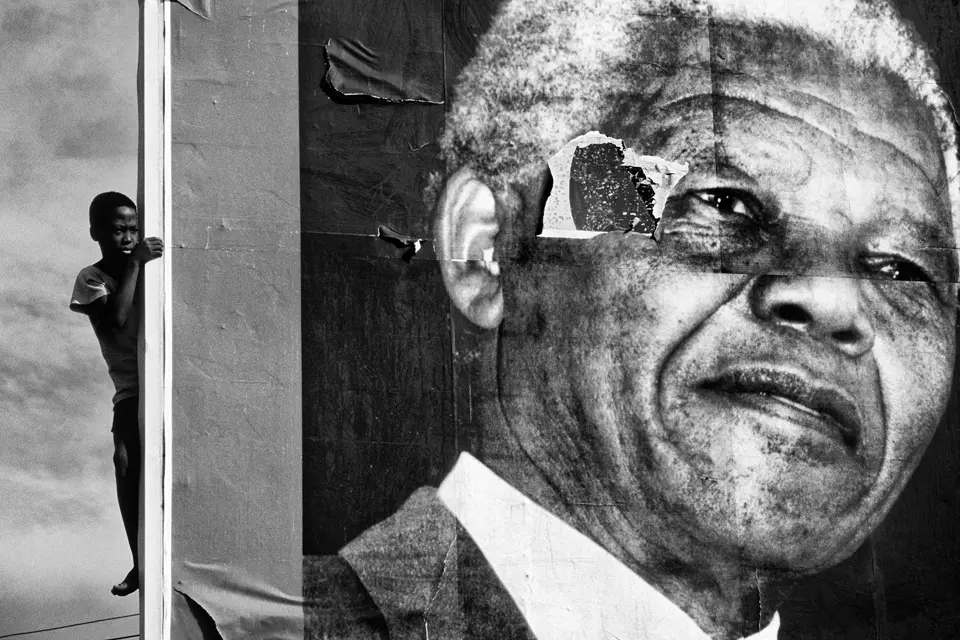
© Tom Stoddart
Tom Stoddart's images from the fall of the Berlin Wall, the Romanian Revolution, the moment Nelson Mandela became South African president, Operation Desert Storm in Iraq, Palestine, Sri Lanka and other global hotspots shown in this current exhibition speak of his courage and the suffering of those in intolerable situations and conditions. An archive of his pictures is stored with Getty Images and his family will continue working to keep the legacy of his powerful images in the public eye for generations to come. Tom Stoddart will remain as one of the world's most respected photojournalists.
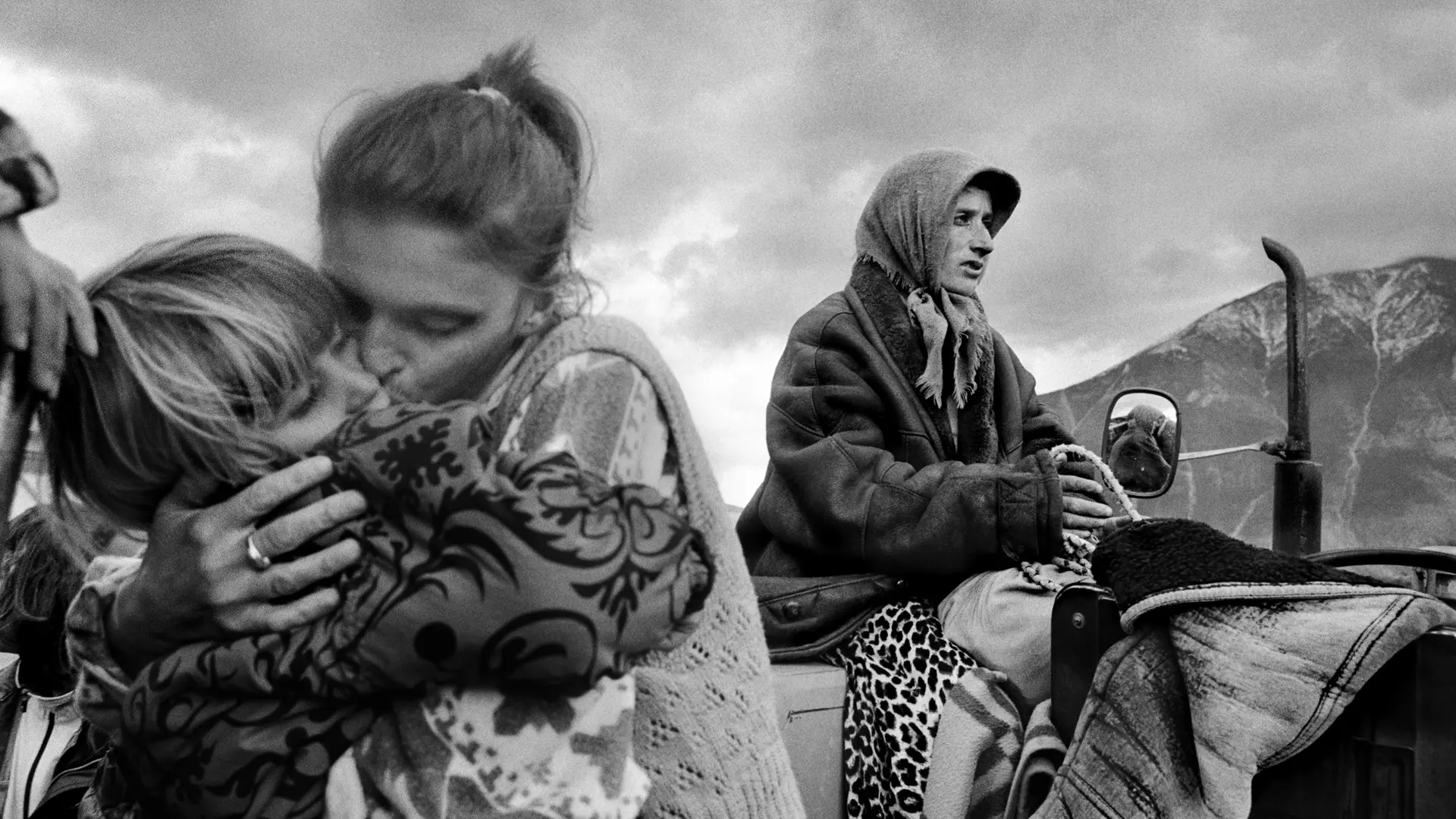
Leica Gallery London
64-66 Duke Street Mayfair
London
W1K 6JD
イギリス
Sunday: 12pm - 6pm